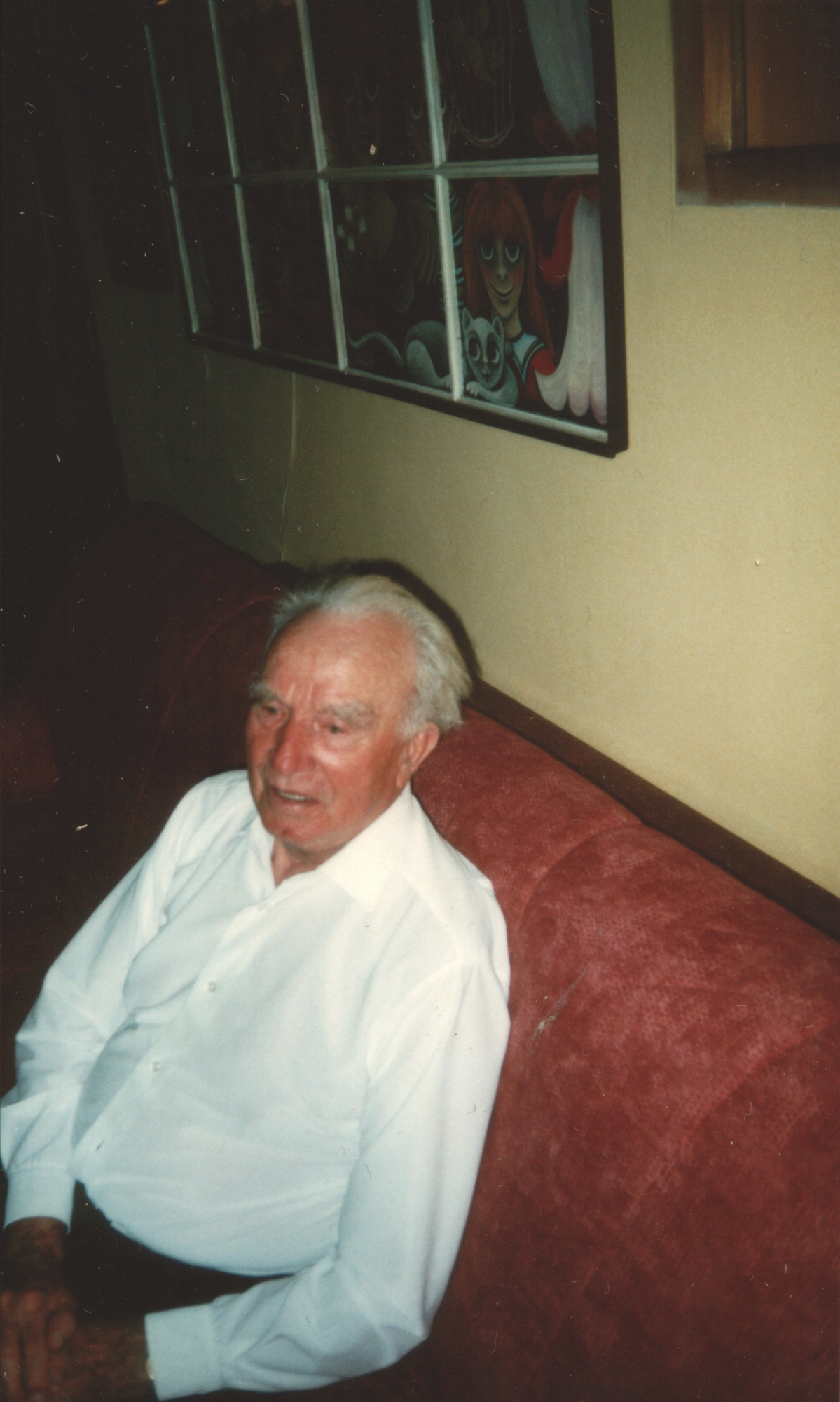When the war was over I returned back to Czechoslovakia, but the situation there was not any better so I went back to England
Mr. Antonín Ladislav Hruška was born: June 23rd 1915 in Janovice village in the Nový Jičín region of the Czech Republic. His father worked as a carpenter and his mother was a home maker. As a child he became seriously ill but survived. He graduated from Gymnasium and then enlisted in the Military Academy. After the occupation of Czechoslovakia he ran away to Poland. He entered the foreign league troops and served in the North Africa. After being discharged, he left to Agde, France where he became a commander of the newly established 12th machine, a gun troop of the Czechoslovak unit. He never participated in any battle in France. After the French capitulation he was evacuated to England where he joined the RAF where he served as a shooter and later as a navigating officer of the 311th Czechoslovakian bombing wing. After the war he returned to Czechoslovakia, left the army and worked for the ČSA (The Czech airlines). However, he eventually decided to go back to England where he returned to RAF and remained there until his retirement.


